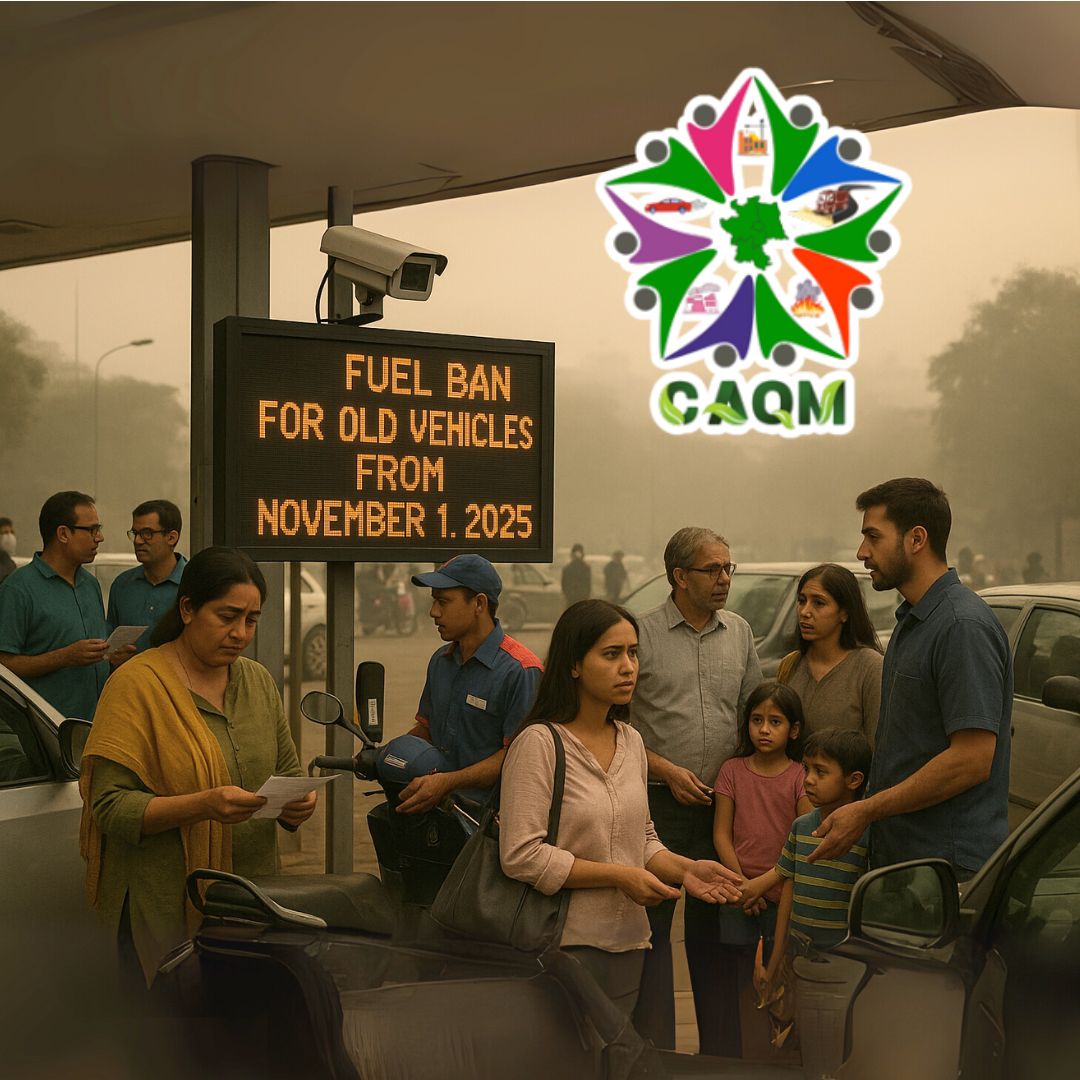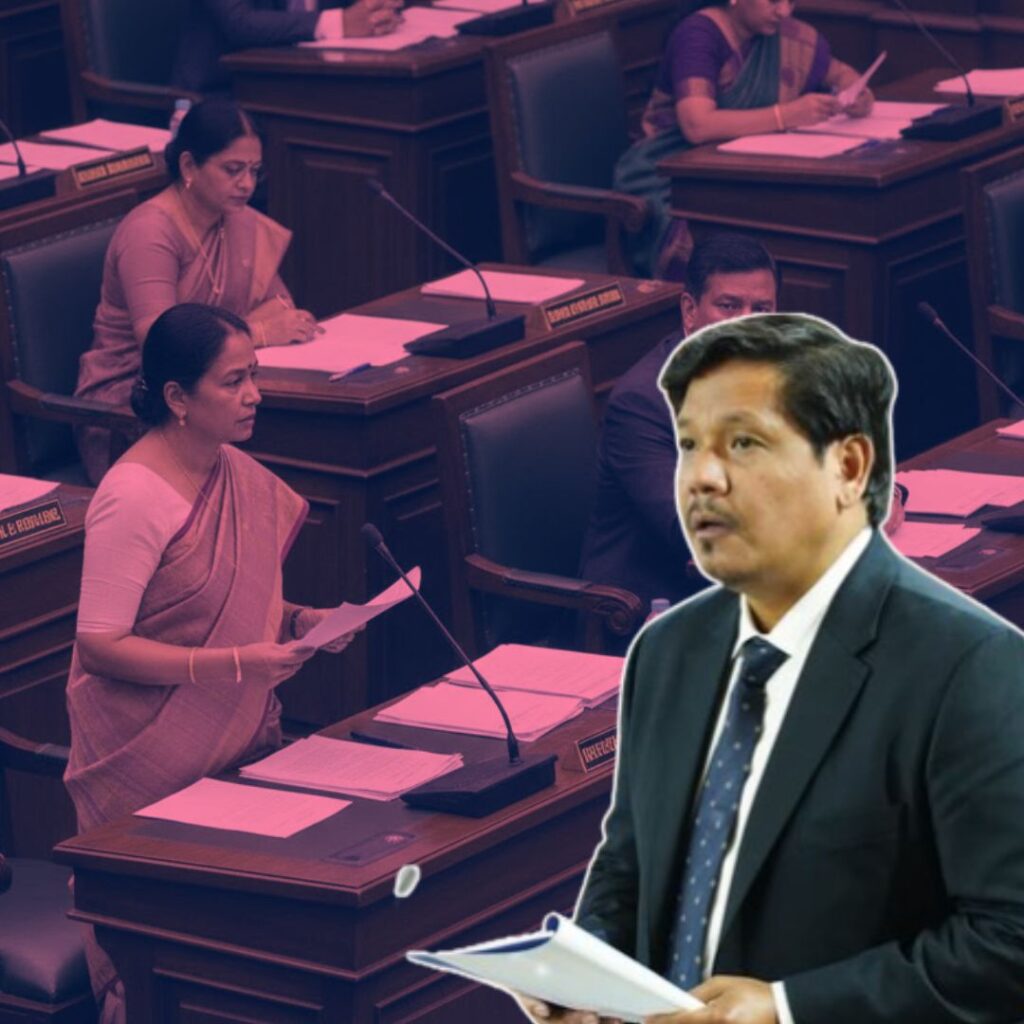The Commission for Air Quality Management (CAQM) has officially postponed the implementation of the fuel ban on end-of-life (EOL) vehicles in Delhi until 1 November 2025. This ban targets diesel vehicles over 10 years old and petrol vehicles older than 15 years, aiming to curb pollution in the Delhi-NCR region.
The postponement follows widespread concerns from the Delhi government, vehicle owners, and fuel retailers about technical glitches and enforcement challenges.
The ban will now be enforced simultaneously across Delhi and five neighbouring districts—Gurugram, Faridabad, Ghaziabad, Gautam Budh Nagar, and Sonipat—to ensure uniformity and fairness. Officials have welcomed the delay, emphasising the need for improved infrastructure and public awareness before strict enforcement begins.
Technical and Operational Challenges Delay Enforcement
The CAQM’s decision to defer the fuel ban came after a detailed review during its 24th full commission meeting, where officials from Delhi and NCR states highlighted significant operational hurdles. The ban relies on Automated Number Plate Recognition (ANPR) cameras installed at fuel stations to identify EOL vehicles and deny them fuel.
However, several technical issues have surfaced, including faulty sensors, incomplete vehicle data integration with the VAHAN database, and inconsistent camera coverage. Delhi Environment Minister Manjinder Singh Sirsa described the initial July deadline as “premature and unfeasible,” stressing that “the infrastructure and public readiness are not yet adequate for smooth implementation.”
Similarly, Delhi Chief Minister Rekha Gupta welcomed the postponement, calling it a “responsible decision that balances environmental goals with the realities faced by citizens.” Fuel retailers also expressed relief, with Nischal Singhania, President of the Delhi Petrol Dealers’ Association, noting that the delay allows for “necessary technical upgrades and trial runs to ensure the system functions effectively.”
Background: From Policy Announcement to Public Backlash
The fuel ban on EOL vehicles was first announced as a measure to improve Delhi’s notoriously poor air quality by restricting the use of older, more polluting vehicles. The original plan mandated that from 1 July 2025, petrol pumps in Delhi would refuse fuel to diesel vehicles older than 10 years and petrol vehicles older than 15 years, using ANPR technology to enforce the ban. However, the rollout faced immediate challenges.
Only a handful of vehicles were flagged in the initial days, and many fuel stations reported technical difficulties in operating the ANPR systems. Public backlash grew, with vehicle owners and advocacy groups raising concerns about the lack of alternative transport options and the absence of adequate scrapping facilities for decommissioned vehicles.
Legal petitions were also filed, questioning the fairness and feasibility of an age-based ban. Responding to these concerns, the CAQM revised its approach, deciding to synchronise the ban’s enforcement across Delhi and the five neighbouring NCR districts to avoid confusion and ensure consistency.
Furthermore, the Delhi government has announced plans to petition the Supreme Court, advocating for an emissions-based policy rather than a strict age-based ban, arguing that vehicle condition and emissions levels should be the primary criteria.
The Logical Indian’s Perspective
The Logical Indian recognises the urgent need to combat air pollution in Delhi-NCR, which poses severe health risks and environmental damage. However, we believe that policies aimed at environmental protection must be implemented with empathy, fairness, and practical considerations.
The postponement of the fuel ban reflects a commendable willingness by authorities to listen to public concerns and adapt policies accordingly. It is crucial that environmental initiatives do not disproportionately burden vulnerable sections of society who rely on older vehicles for their livelihoods.
Sustainable change requires inclusive dialogue, robust infrastructure, and phased implementation that balances ecological goals with social equity. As Delhi-NCR moves forward, how can policymakers, citizens, and stakeholders collaborate to create clean air solutions that are both effective and just?












